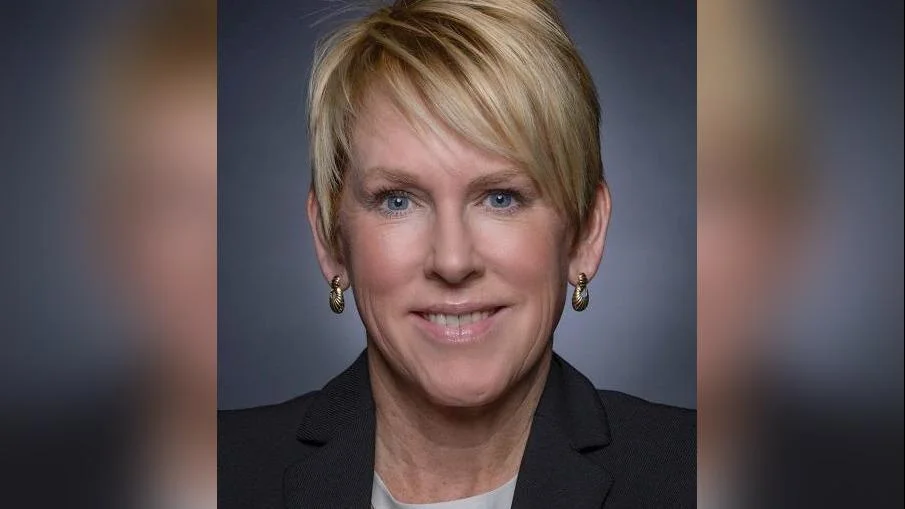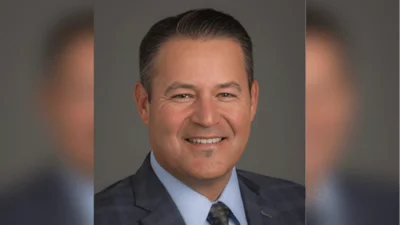Katherine P. Frank Chancellor | University of Wisconsin-Stout
Katherine P. Frank Chancellor | University of Wisconsin-Stout
Engineering and social science professors at the University of Wisconsin-Stout are working on a project to develop energy-efficient, low-cost technology aimed at enhancing farming productivity in Wisconsin. The initiative, called "A Human-Centered Collaborative Approach to Designing an Energy-Efficient Wireless Sensor Network," focuses on precision agriculture through technologies like ground wireless sensor networks, machinery for automation, livestock monitoring, and drone data collection.
The team is led by UW-Stout engineering Professor Yuan Xing and applied social science Program Director Tina Lee. It includes engineering professors Cheng Liu and Abhishek Verma from UW-Stout, along with UW-River Falls Professor Bob Zhiwei Zeng. Their cross-disciplinary project received a two-year $175,000 grant from the Universities of Wisconsin Innovation Grant.
Professor Yuan Xing stated, “These technologies are available now, but we want the data results to be useful to farmers at an affordable price.” He emphasized that the system is unique due to its energy-saving AI algorithms and human-centered DIY hardware design.
The project started with interviews conducted by Tina Lee with farmers in Dunn, Barron, and St. Croix counties to tailor the technology to their needs. Lee noted the importance of making technology accessible and useful for different types of farming operations.
The HOBO wireless sensor network was demonstrated at Mann Valley Farm in River Falls. It can monitor various environmental factors using up to 50 sensors and is described as 99% energy efficient by Professor Cheng Liu. The system allows farmers to manage their data remotely via an app.
Additionally, the Amiga robot by Farm-ng offers automation solutions for specialty crop farming. According to Zeng, it can operate continuously under various conditions and has adjustable dimensions for different tasks.
Livestock monitoring systems provide real-time behavior analysis of animals through high-resolution video feeds. These systems can help predict health conditions or fertility cycles in livestock.
For aerial data collection, drones equipped with hyperspectral cameras are used. They offer insights into pest presence or nutrient deficiencies from above-ground perspectives. Professor Abhishek Verma highlighted how drones could cover large areas quickly while providing detailed imagery for analysis.
The research team plans further testing throughout fall 2024 and aims to refine their designs based on farmer feedback by 2025. Seminars will be held across select counties offering free trials of prototypes before finalizing them later that year.
This effort stems from UW-Stout’s Center for Rural Opportunity Prosperity Sustainability (CROPS), which addresses challenges faced by rural communities such as farm consolidation or environmental issues related to conventional agriculture practices.
Initial support came from local entities including Dunn County Land Water Conservation Division Joe Ailts Agronomy among others involved in supporting regional agricultural development efforts over recent years like Freshwater Collaborative's Crop Per Drop initiative focused on sandy soils back during 2022






 Alerts Sign-up
Alerts Sign-up